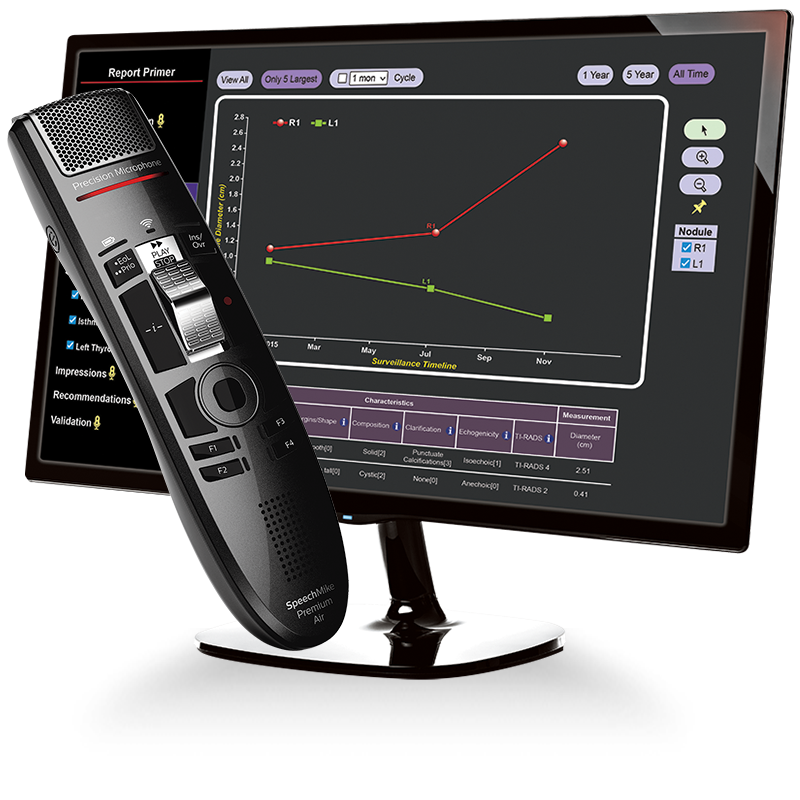COVID-19 Lung Structured Reporting
CLICKVIEW 9i Voice Activated, Hands-Free Digital Structured Reporting Software
The 9i Innovative Voice Activated User Interface is a Game Changer.

As developed by CLICKVIEW Corporation, CLICKVIEW 9i Lung Structured Reporting software includes a proprietary COVID-19 voice-activated and hands-free digital structured reporting template in accordance with the reporting language recommended by the Radiological Society of North America (RSNA) Expert Consensus Document on reporting chest CT findings related to COVID-19.
Fully integrated into the CLICKVIEW 9i Voice Activated Structured Reporting platform, the proprietary CLICKVIEW COVID-19 report template was made available to CLICKVIEW customers at no charge.
The Onset of the COVID-19 Pandemic and the History of COVID-19 Structured Reporting
In December 2019, health officials in Wuhan City, China, reported the first coronavirus disease 19 (COVID-19) cases in humans. Just weeks later, the Centers for Disease Control (CDC) confirmed the first human case of the novel coronavirus in the United States in Washington State on January 21, 2120.
Ten days later, on January 31, WHO issued a Global Health Emergency. On February 3, the U.S. declared a Public Health Emergency, and on March 11, approximately 90 days after the initial cases were reported in China, the World Health Organization declared COVID-19 a global pandemic. Then, on March 13, the U.S. declared a National Emergency prompted by COVID-19.
THE CONSENSUS DOCUMENT
Recommended Reporting Language and Structured Report Guidelines
On March 25, 2020, the RSNA published an Expert Consensus Document concerning reporting chest CT findings related to COVID-19. The Society of Thoracic Radiology, the American College of Radiology, the Expert Consensus Document, and RSNA endorsed the Expert Consensus Document. The Consensus Document was prepared in response to the increasing use of CT chest examinations on patients suspected of COVID-19.
The similarity of other injuries to the lung, such as non-COVID-19 viral pneumonia, drug toxicity, and damage from inhalants, added to the differential diagnosis. The Consensus Document is intended to guide by providing standard report language and recommending a structured reporting format to reduce reporting variability and enhance the referring physician’s understanding of the diagnostic information.
Key Features of the Consensus Document
The Expert Consensus Document on reporting chest CT Findings related to COVID-19 is an extraordinary professional achievement by the Radiology Societies in several essential ways.
- The Consensus Document demonstrated acute diagnostic insight into the core differential findings on chest CT in the earliest stages of the pandemic when diagnostic information was in flux.
- The Consensus Document developed guidelines and recommended language describing four categories of findings (Typical, Indeterminate, Atypical, and Negative for Pneumonia) and related impressions for each category.
- The Consensus Document recommended a structured report format for clarity of report communication contrary to the contemporary conventional free-form dictation format.
Additionally, and perhaps most impressively, the extraordinary achievements of the Consensus Document were accomplished during the chaotic 90 days from the first reported cases in Wuhan, China, as the pandemic emergency evolved globally.
The Consensus Document Today
While minimally refined and updated, the Consensus Document recommended guidelines for language and structured report formatting have primarily remained the standard for reporting COVID-19 chest CT findings.
CLICKVIEW Corporation closely monitors the ongoing guidance of the RSNA pertaining to COVID-19 through its Consensus Document and will continue to update CLICKVIEW 9i Lung Structured Reporting software to reflect critical developments.
There is a reason we are referred to as
“The radiology structured reporting company”
35+
Years Structured Reporting Experience
25
Million Reports
20+
Years Web Architecture
~2.5
~1,500
Active Weekly Users
